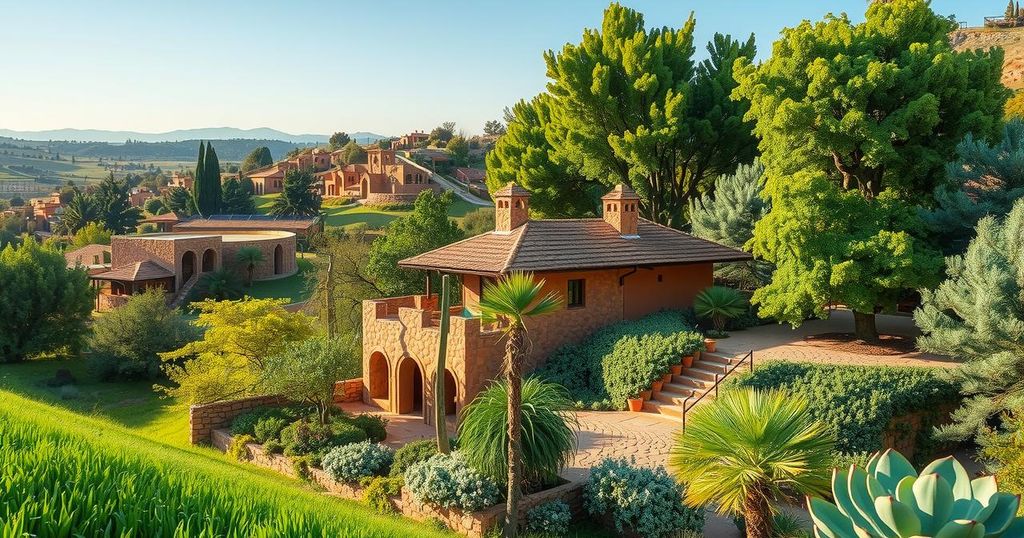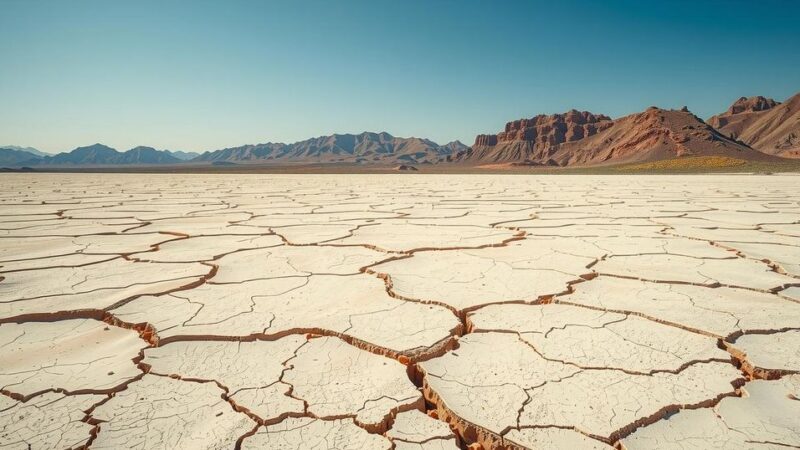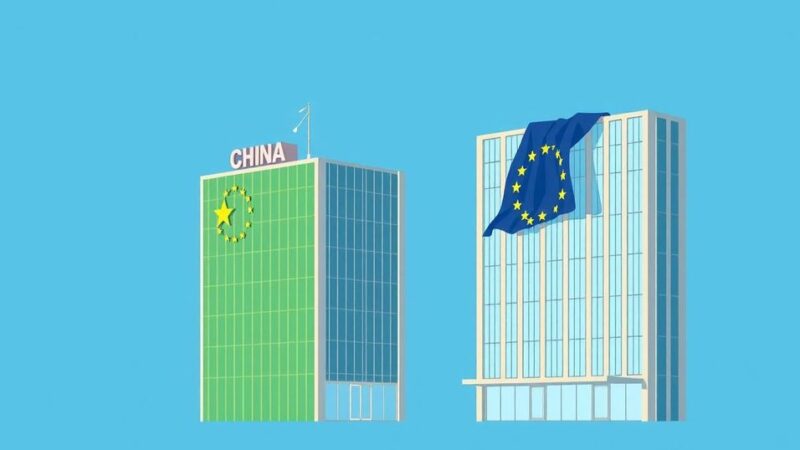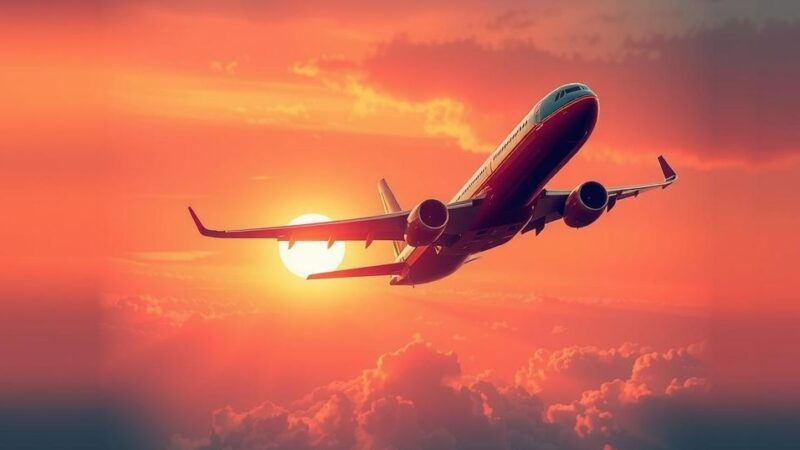Morocco welcomed 17.4 million tourists in 2024, exceeding expectations and significantly boosting its economy with 112.5 billion dirhams in revenue. However, the rapid growth threatens local communities and the environment, with entire villages demolished for luxury resorts. As concerns rise, entrepreneurs advocate for responsible tourism practices that respect local culture and the environment.
Tourism in Morocco is booming like never before, with the Kingdom welcoming an astonishing 17.4 million visitors in 2024, a feat that surpasses its 2026 target two years ahead of plan. This spike has generated 112.5 billion dirhams in revenue, representing a notable 7.5% increase over the past year. Beyond just numbers, tourism is significantly bolstering the national economy, currently employing 827,000 people and creating 25,000 new jobs within a year. However, the implications of this growth are complex and somewhat troubling.
The construction boom is erasing villages, particularly along the coast, where several Amazigh (Berber) communities have been obliterated to clear space for luxury resorts. In Tifnit, for instance, locals were given a mere five days to evacuate their homes. Imsouane—a famed spot for surfers—saw its village wiped out within 24 hours, displacing around 1,000 individuals instantly. Journalist Siham Azeroual highlighted the cultural impact, noting that loss of land threatens a fundamental aspect of Amazigh identity.
Meanwhile, tourism development in Greater Agadir aims to construct fifteen new tourist areas and develop a sprawling 80-kilometer “Blue Safari” route that connects key sites in the Souss Massa National Park. Tourism entrepreneur Said Marghadi, who has advocated for sustainable practices for over fifteen years, expressed his apprehension about such unchecked expansion. He questions the benefits of rising tourist numbers without sustainable economic gains for local areas.
The environmental fallout from mass tourism is concerning as well. Globally, tourism generates nearly 5% of greenhouse gas emissions, according to France’s Ministry for Ecological Transition. Morocco grapples with serious climate challenges—diminishing water sources and faltering harvests are already evident. While luxury hotels remain energy-intensive—running air conditioning continuously—even when rooms are vacant, local communities are increasingly struggling against water scarcity.
Marghadi is vocal about these contradictions: “Every drop of water counts,” he says. Observing the proliferation of extravagant hotels, he bluntly states that mass tourism exacerbates climate change. A sustainable alternative, known as responsible tourism, is surfacing in response to these issues and aims to balance economic growth with social equity and environmental stewardship.
As the UN World Tourism Organization defines it, responsible tourism takes into account its economic, social, and environmental impacts. Marghadi has embraced this approach since launching his ecolodge in 2008—constructed with local materials and utilizing solar energy. His emphasis on sustainability exceeds just physical structures; he believes it requires holistic thinking about social responsibility across all aspects of operations.
He also founded an agricultural cooperative that processes local fruits into preserved goods, which connects tourism with the local land and its resources. Marghadi distinguishes his strategy not just by promoting eco-friendly practices, but by engaging tourists directly: “Be actors in your journey, not just consumers,” he encourages. This approach not only enhances the visitor experience but aims to transform tourists into ambassadors for responsible travel.
Furthermore, Marghadi integrates environmental education into his program. He provides practical guidance on energy conservation and waste reduction during cooking classes, emphasizing the shared responsibility of protecting the environment. “Guests who pay for their stay don’t hold the right to harm the place they visit,” he insists, highlighting the importance of nuanced education.
His commitment to sustainable tourism extends to his staff as well, offering them training and encouraging experiences abroad to glean new insights into eco-friendly practices. Notably, a taxi driver he collaborates with even planted his own vegetable garden after learning how to cultivate seeds.
Despite these encouraging initiatives, some obstacles endure. Marghadi points out that with the lack of a rigorous certification for responsible tourism in Morocco, it’s easy for anyone to label themselves an ecolodge, diluting genuine efforts. Yet, he remains undaunted, advocating for a movement rooted in simple organization and respect. He believes real change is gradual and impactful, stating, “If I reach one person, and they reach another… then we begin to change things.” This human-scaled approach may just be the key to unlocking sustainable tourism’s potential in Morocco.
Tourism in Morocco is thriving but at a significant cost to local communities and the environment. While the surge in visitors brings economic benefits, it also leads to the displacement of residents and increased environmental strain. Entrepreneurs like Said Marghadi are advocating for responsible tourism, aiming to bridge the gap between tourism growth and sustainability. Education and community engagement play vital roles in reshaping the tourism landscape, emphasizing that meaningful change is a gradual but achievable goal. As Morocco navigates this crucial transition, the focus is on balancing economic success with protecting cultural heritage and the environment.
Original Source: en.yabiladi.com






